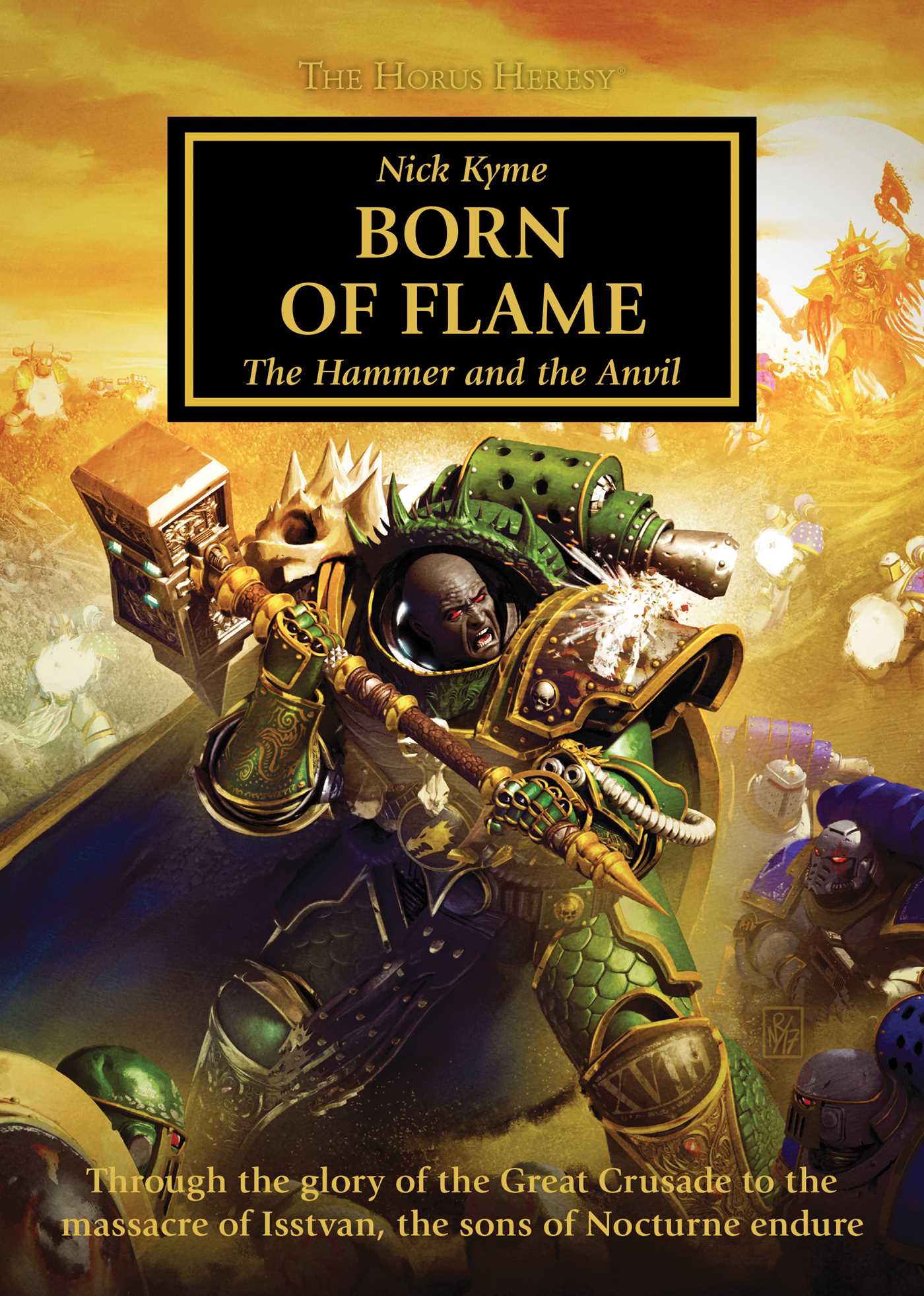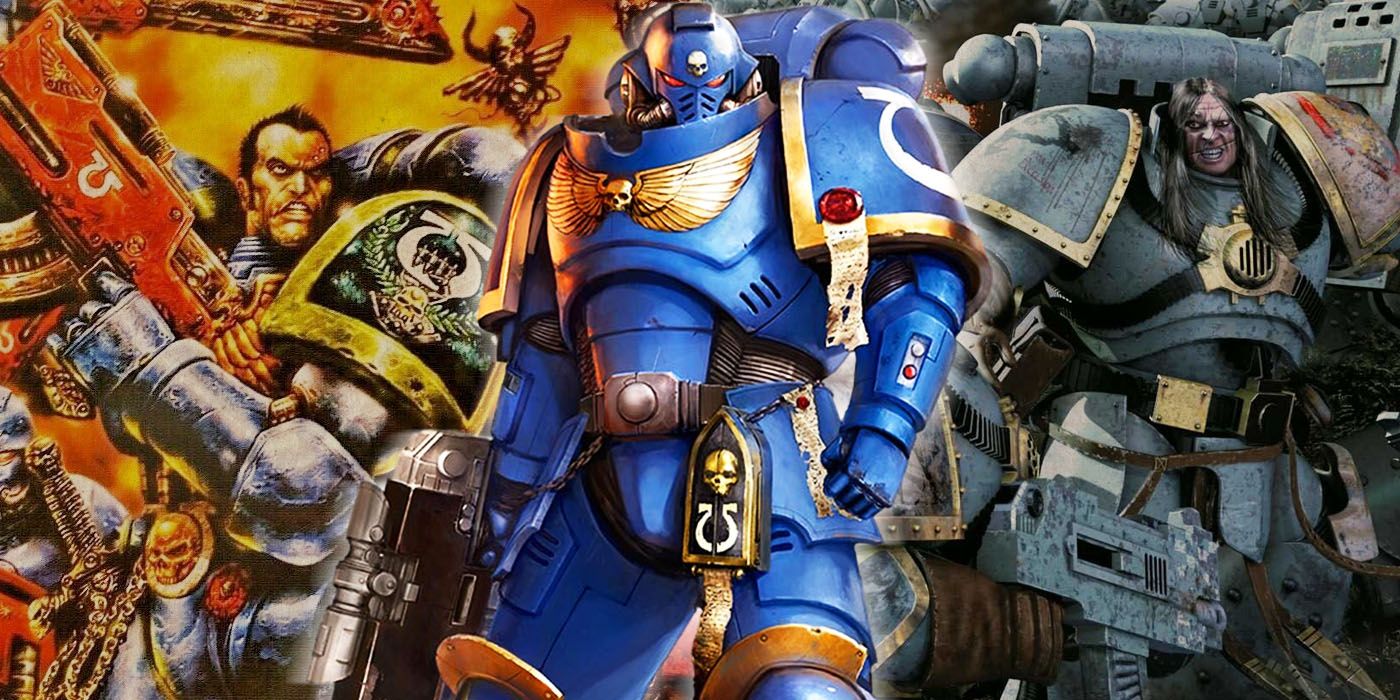

Additionally, as the books dive deeper into the minutia, it renders certain stories moot, or makes them nonsensical. On the other, it forces some fans to create their own head canon, disavowing certain books/stories to keep this true. On one hand, it’s fine and makes sense because every author has their own interpretation of the character. In other stories he is a callous, bitter man who cares for no one and nothing. In some books, Perturabo is a cold, mercurial man who cares for his men. Again, this is just, like, my opinion, man.įirst, let me state my biggest frustrations with the Horus Heresy: the disparate, bipolar approach to some of the primarchs. It’s somewhat interesting to know why some loyalists stayed loyal to the Emperor, but those stories just don’t have the gravitas of some of the falls. In my mind, the most important books deal with why the traitor primarchs did what they did. For instance, I loved Guy Haley’s Pharos, but it is hardly required reading for the Heresy. It’s nothing against the authors or the books themselves, but rather the story as a whole. I also want to say that there are some fantastic books that I’ve left off this list. Now obviously this is wholly in my humble opinion. Recently, one of our Patrons asked me an interesting question: What are the required readings for Horus Heresy? Specifically, what books would one need to read to start the Siege of Terra series? As such I present my Hater’s Guide to the Horus Heresy™. When examined in pieces, there are some outstanding books within the series. What started as an intriguing fleshing out of established lore and history has quickly become a bogged down slog through minutia.

I have been outspoken on my distaste for the Horus Heresy. Update: This article has been updated after reading Dark Imperium: Godblight, by Guy Haley.


 0 kommentar(er)
0 kommentar(er)
